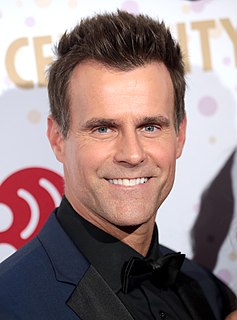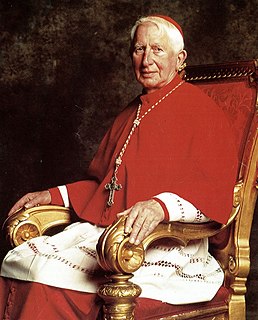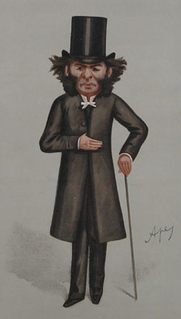A Quote by Lawren Harris
Every work of art which really moves us is in some degree a revelation: it changes us.
Related Quotes
I believe in revelation, but not in revelation which each religion claims to possess, but in the living revelation which surrounds us on every side - mighty, eternal, unceasing, incorruptible, clear, distinct, universal as is the being from whom it proceeds, in that revelation which speaks to us and penetrates us from the moment we are born until we die.
In our learning, let us not neglect the fountain of revelation. The scriptures and the words of modern-day apostles and prophets are the sources of wisdom, divine knowledge, and personal revelation to help us find answers to all the challenges in life. Let us learn of Christ; let us seek out that knowledge which leads to peace, truth, and the sublime mysteries of eternity.
In the life of every man there are sudden transitions of feeling, which seem almost miraculous. At once, as if some magician had touched the heavens and the earth, the dark clouds melt into the air, the wind falls, and serenity succeeds the storm. The causes which produce these changes may have been long at work within us, but the changes themselves are instantaneous, and apparently without sufficient cause.
The finality of Christs redemption for us is intimately tied to the finality of his revelation to us. . . . If we say revelation is not complete, we must admit that somehow the work of redemption also remains unfinished. . . . Scripture is enough because the work of Christ is enough. They stand or fall together.
Why God should want and need us is a mystery. But it is true: otherwise he would not have created us and life would ultimately have no meaning for us. It is good to remember that in God the is a constancy, a consistency of attitude which never changes, irrespective of what we are or how we act: he never changes in is wanting us or needing us.
It reveals us to ourselves, it represents those modulations and temperamental changes which escape all verbal analysis, it utters what must else remain forever unuttered and unutterable; it feeds that deep, ineradicable instinct within us of which all art is only the reverberated echo, that craving to express, through the medium of the senses, the spiritual and eternal realities which underlie them.
Every artist is linked to a mistake with which he has a particular intimate relation. There is the mistake of Homer, of Shakespeare — which is perhaps, for both, the fact of not existing. Every art draws its origin from an exceptional fault, every work is the implementation of this original fault, from which come to us a new light and a risky conception of plenitude.









































